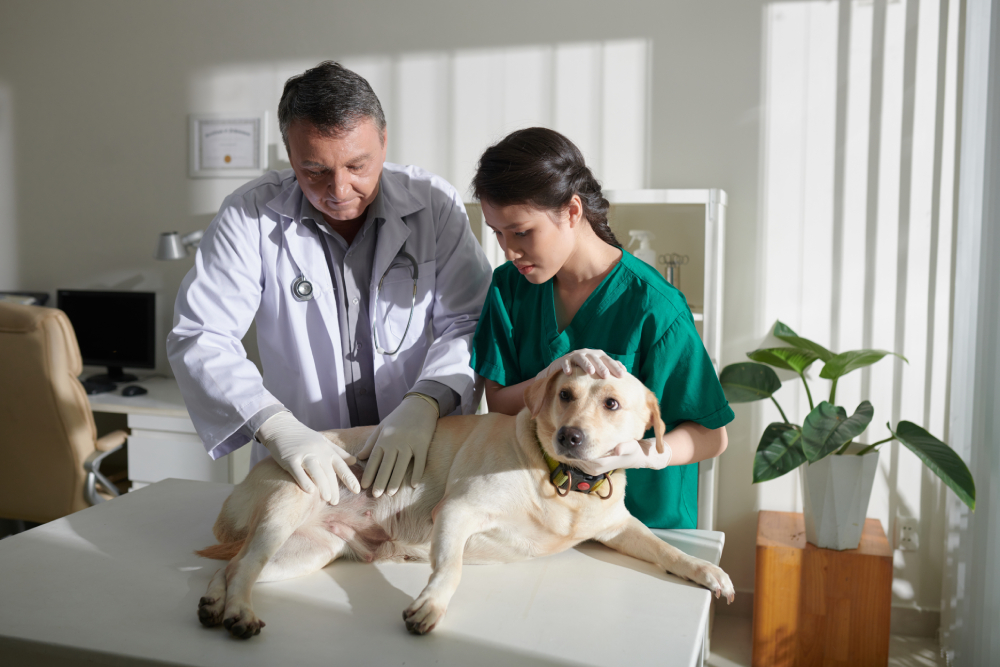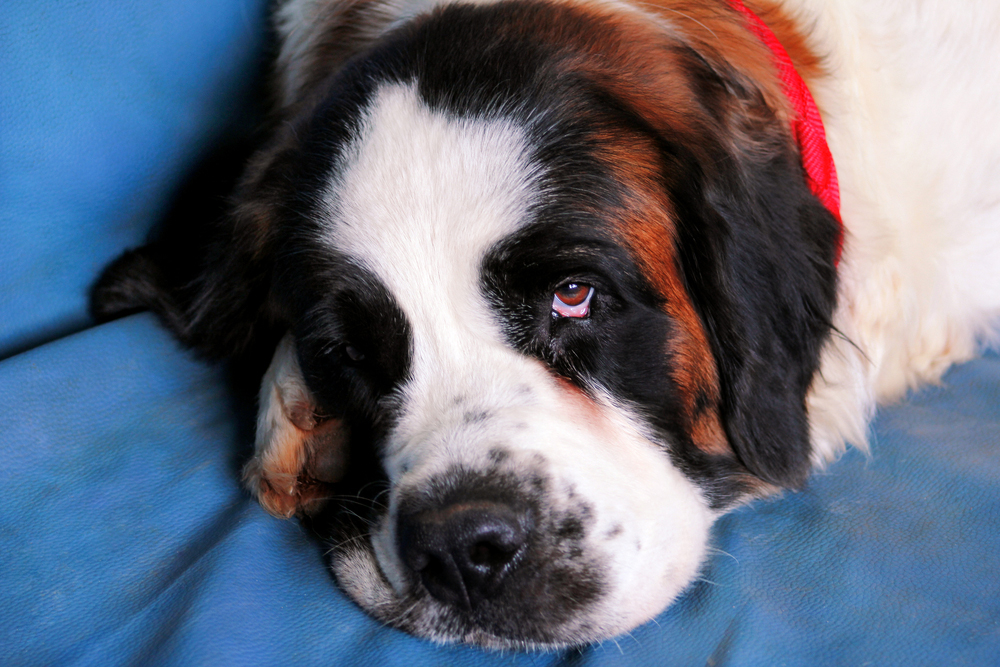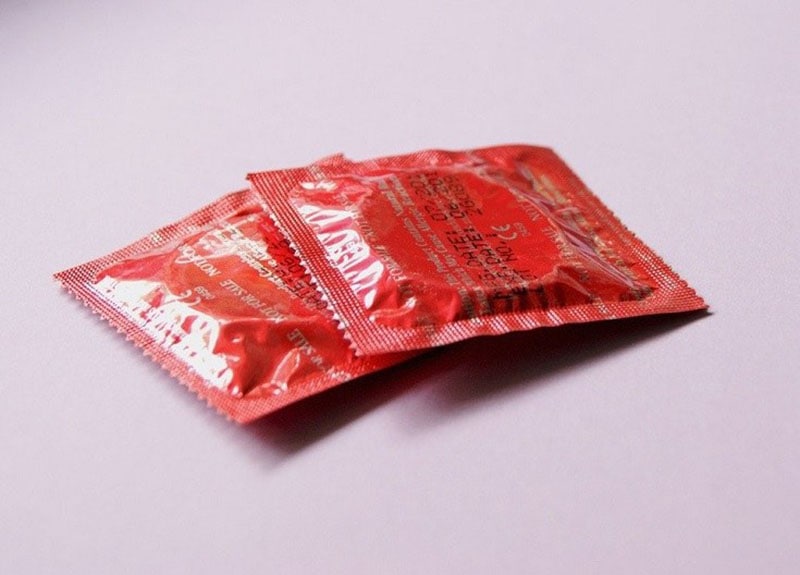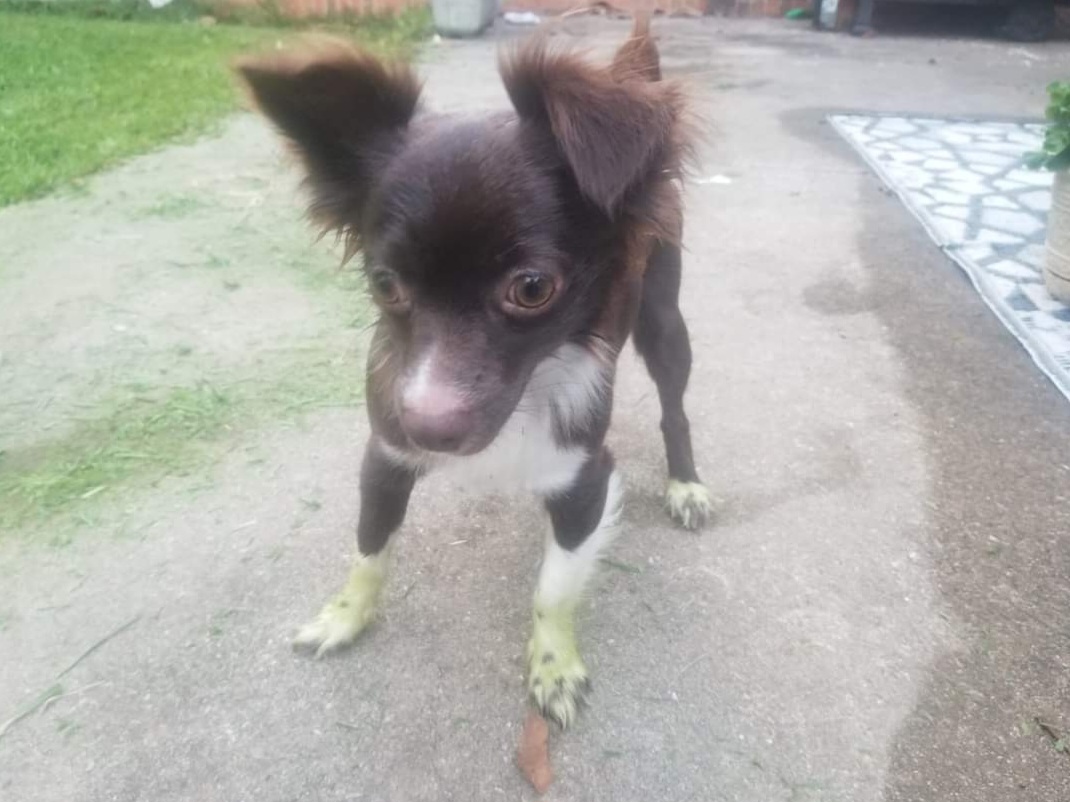Click to Skip Ahead
Inflammatory bowel disease (IBD) is a well-known group of issues that can affect the digestive system in humans and canines. The accompanying signs of diarrhea, vomiting, and/or gas interfere with the sufferer’s daily life.
The discomfort and inconvenience of such signs can make a dog owner worry that IBD is contagious. After all, you definitely don’t want one of your pups to pass it to another, creating double the issues and double the mess.
Fortunately, IBD is not contagious, either from dog to human or from dog to dog. Still, it is a complicated health condition. Read on to find out what we mean.

What Can Trigger IBD in Dogs?
IBD can have several causes, most of which are unknown. Regardless, the result is the same: inflammation of the intestines brought on by an allergic reaction. Most of the time, the inflammatory cells invading the lining of the intestines are there to help, whether to get rid of an infection or heal a wound. However, in the case of IBD, the inflammatory reaction becomes overkill, essentially creating a barrier that gets in the way of digestion and impedes the absorption of nutrients. The result includes:
- Chronic diarrhea
- Vomiting
- Gas
- Weight loss (if long term)
- Change in appetite
IBD typically isn’t triggered by any one thing, but rather is thought to be a combination of things creating the “perfect” intestinal storm. These things can include:
- Genetics (certain breeds seem to be more prone to IBD, including Basenjis, Boxers, English Bulldogs, and Dobermans)
- Bacterial or parasitic infection
- Food reactions
- Dysbiosis (imbalance of normal healthy gut bacteria)
Essentially, one affected dog may start with an infection that causes vomiting and diarrhea, only to have it clear up within a few days, while another dog may pick up the same infection but also have a genetic component that sets off several weeks of diarrheal accidents. While a few of the factors that influence IBD in dogs may be contagious, such as parasites or bacterial infections, picking up the syndrome from another dog or human isn’t possible.
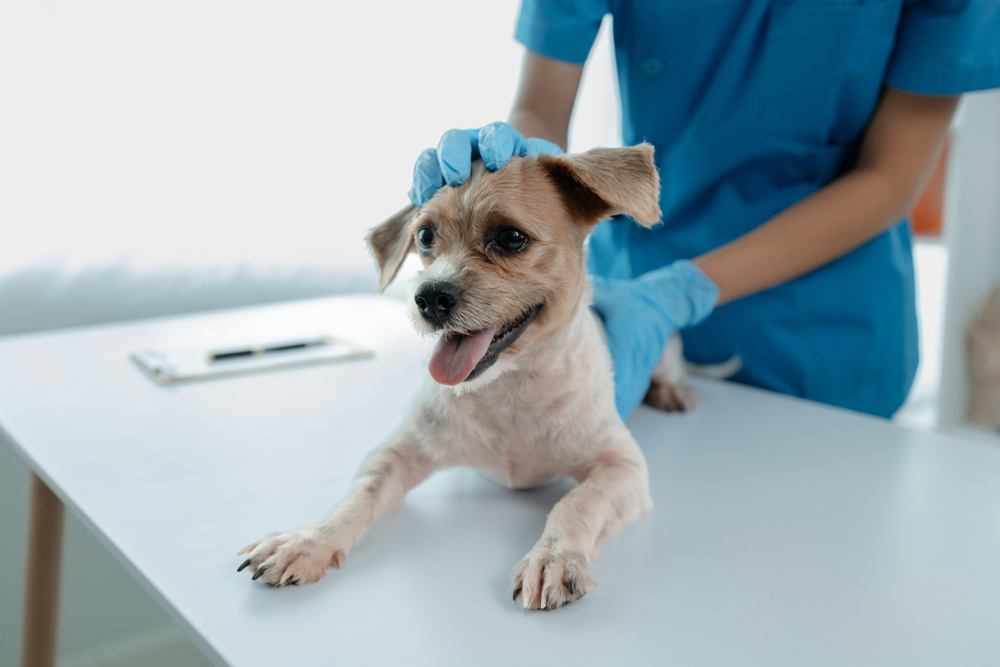
How Do You Stop an IBD Flareup in Dogs?
Each affected dog will need a customized treatment plan to combat IBD that will depend on the suspected cause (if possible). There may also be trial and error as you and your veterinarian try to determine the best way to handle your dog’s IBD. Treatment options may include:
- Change in diet: Novel protein or hydrolyzed protein diets may be considered, especially if your dog’s IBD is suspected to be based on a food allergy.
- Dewormers: These will getrid of any potential parasitic infections that may be the cause.
- Antibiotics: These may be used in certain cases to help with bacterial infections and even to decrease inflammation
- Supplements: Probiotics and vitamin B12 may be given to help correct the digestive wrongs.
- Immunosuppressants: Steroids or other immunosuppressants may be used to initially knock down inflammation. Some dogs will need these for the long term.
The goal of treatment is to reduce inflammation in the intestines so your pet will be more comfortable and to increase their nutrient absorption. Each dog will be different in how they respond to treatment, with some only needing a lifelong dietary change and others needing off-and-on or even long-term immunosuppression.
What Happens If IBD Goes Untreated in Dogs?
If simply hoping to curb the influx of potty breaks isn’t enough to have you seeking treatment for your dog’s IBD, you should know that uncontrolled IBD can lead to weight loss, scarring of the intestinal lining, and protein-losing enteropathy.
None of these outcomes are desirable and can have long-term effects on your pup’s health, especially considering IBD can be managed in most cases.
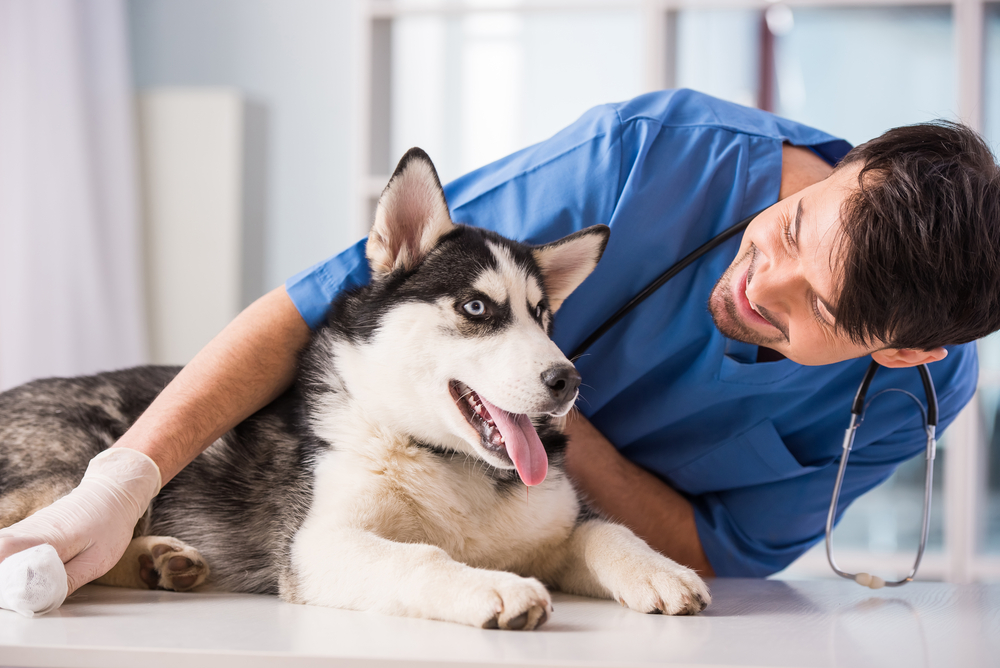
What Is the Life Expectancy of a Dog With IBD?
Most dogs’ IBD can be managed with a combination of diet and medications as needed, allowing them to live normal, happy lives. However, dogs that aren’t treated or that have severe cases that don’t respond to treatment may develop irreversible scarring or other complications that require further input of time and money.

Conclusion
Inflammatory bowel disease, or IBD, is an issue that can affect any dog at any time, but it cannot be passed around. It isn’t contagious between dogs or between dogs and humans, even though people can develop a similar group of illnesses. What you do need to worry about in a dog with IBD is getting their inflammation under control to maintain normal digestion and absorption of nutrients.
Featured Image Credit: Dragon Images, Shutterstock

